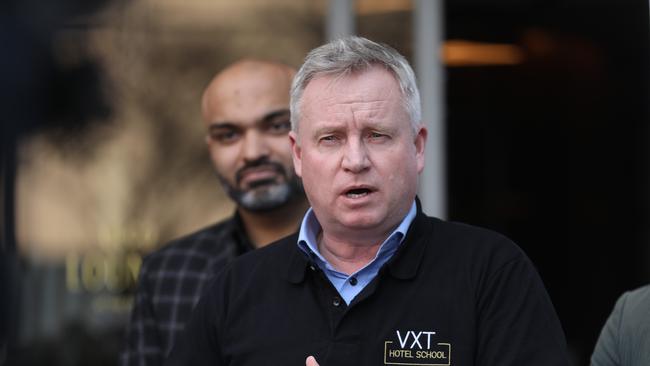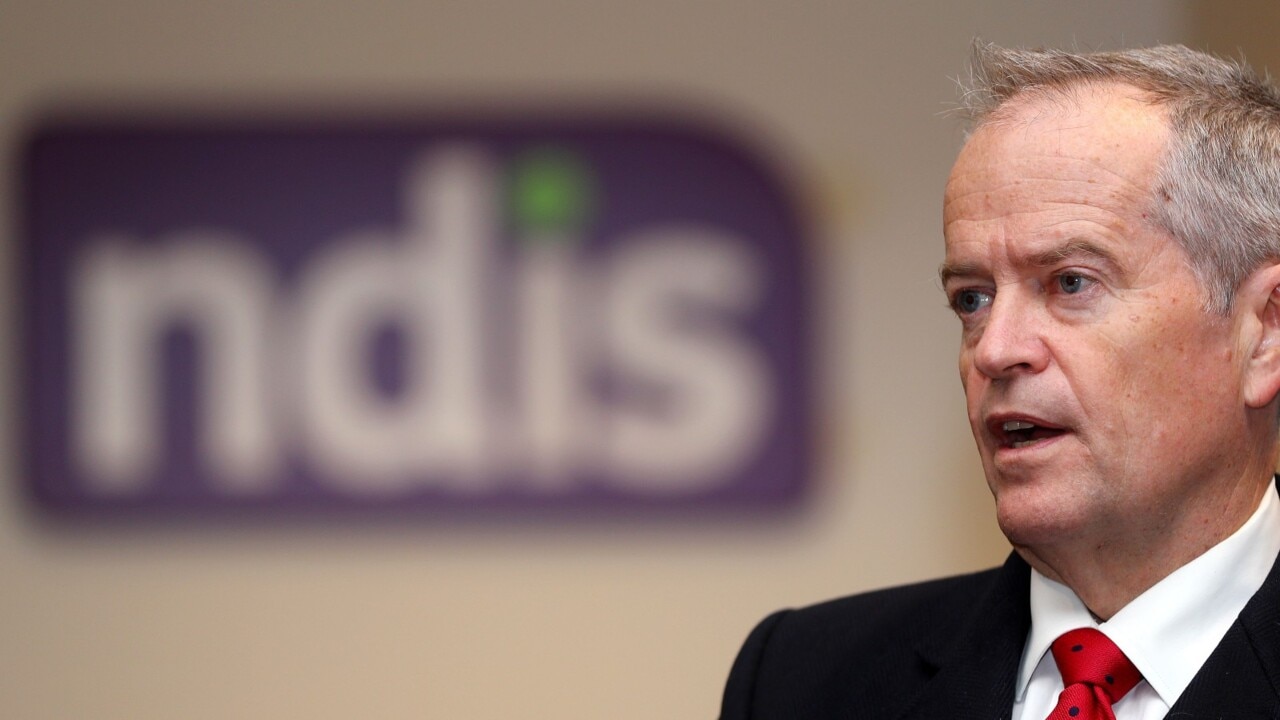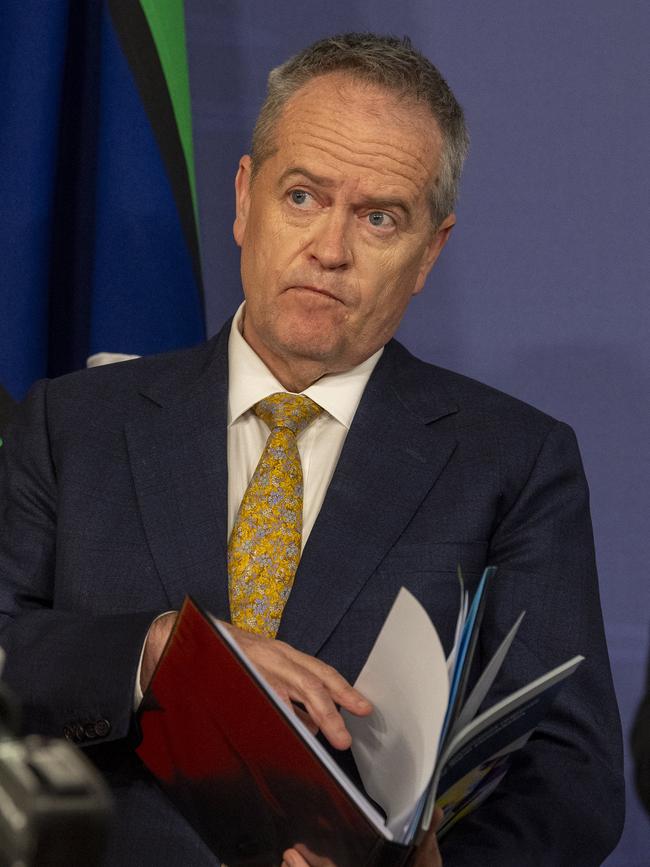Don’t take over the NDIS, Rockliff urges Shorten
Laws to change the NDIS should be delayed until the states are clear what future disability services will fall to them, Tasmanian Premier Jeremy Rockliff says

Bill Shorten should delay new laws to change the NDIS until the states are clear about what disability support outside the scheme they will be required to provide, Tasmanian Premier Jeremy Rockliff said.
With the future of the National Disability Insurance Scheme amendment bill on the line over the next two sitting weeks of parliament, Mr Rockliff called on the NDIS Minister to hold off pushing its passage until state concerns are addressed, including the need for a new intergovernmental agreement on the scheme.
“I urge Minister Shorten not to bring on the bill in the Senate this week. There is too much at stake,” he said. “We have a lot to lose by the federal government running ramshod and taking over the NDIS. There are too many risks in terms of cost of the state, but most importantly the services that governments, state and federal, provide for people with disability.”

Mr Rockliff and South Australian Premier Peter Malinauskas met Mr Shorten 10 days ago on behalf of all state and territory leaders to express their concerns that the new bill gave the federal government sole power to determine the disability services outside the NDIS for which the states would be responsible.
He said the bill enabled the Albanese government to “make changes in the future at a whim (which) could come at the cost of people with disability”.
“The bill as it stands … could have significant cost and social impacts on states,” Mr Rockliff said.
The federal government and the states are co-funders and co-governors of the NDIS, with the federal government contributing about 70 per cent of its cost, expected to be about $44bn this year.
The new bill is part of the Albanese government’s response to an independent NDIS review, which proposed a series of recommendations on how to rein in the escalating cost of the scheme and improve the experience for its 650,000 participants.
The review said that to bring the scheme back to its original intent of supporting the most profoundly disabled, new “foundational supports” for people with disability should be provided outside the NDIS.
These would include support in mainstream settings such as school and childcare for tens of thousands of children with autism and developmental delay.
These foundational supports have turned into a political battleground, with the states saying the proposed new legislation will give the federal government full power to determine responsibility for those supports.

Mr Malinauskas told The Australian earlier this month that the Albanese government had guaranteed the states would be no worse off under the new disability arrangements, but there had been “a decided lack of detail about what that funding will be”.
Mr Shorten pressed for the passage of the bill before the winter parliamentary break but was frustrated by opposition and crossbench senators who put it back to a committee for further review. He said the eight-week delay in finalising the new legislation would cost the NDIS more than $1bn and set back hopes of meeting an 8 per cent cost growth target by 2026 imposed by national cabinet.







To join the conversation, please log in. Don't have an account? Register
Join the conversation, you are commenting as Logout